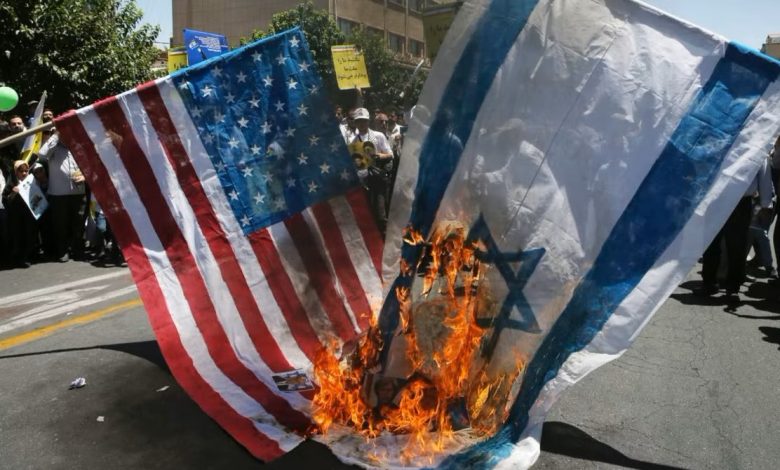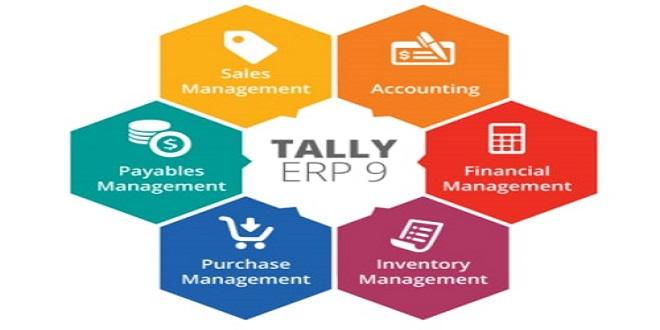What are threats to the security of the Arab World?

The Arab world faces a range of complex threats that jeopardize stability and security across the region. Ongoing conflicts, ideological divisions, terrorism, and economic challenges all contribute to vulnerability. Understanding these threats is key to enhancing long-term peace and development in the Arab world.
Simmering Conflicts Undermine Stability
The protracted Arab-Israeli conflict has fueled instability for over 60 years, undermining wider regional security. Resolving the Palestinian question and disputes over borders remains critical for any lasting regional peace. Sectarian tensions between Sunni and Shia Muslims have also dangerously escalated in recent years, risking civil strife in countries with mixed populations like Iraq and Lebanon. Even the rebellions arising from the momentous Arab Spring revolutions opened doors for Islamist factions like the Muslim Brotherhood to gain power in certain countries, raising concerns about their impact on stability. Internal rifts and long unresolved conflicts continue to jeopardize security and progress across the Arab world.
Ideological Divisions Exacerbate Tensions
Deep ideological divisions in the Arab world further exacerbate volatility. The anti-Western posture of Iran’s theocratic government and its threats against Arab neighbors sow mistrust and heighten tensions. Iran’s suspected nuclear weapons ambitions also continue to destabilize, as they could provoke a regional arms race. Radical Islamist ideology also fans instability by driving groups like Al-Qaeda and ISIS to commit terrorist acts across the region and beyond. Toxic sectarianism, virulent anti-Western attitudes, and violent religious extremism all serve to fracture social cohesion. Bridging these ideological divides through pluralism and enhanced education is essential for greater stability.
Terrorist Havens Endanger Security
Ungoverned remote areas of countries like Yemen and Sudan are fertile ground for terrorist groups to regroup and rebuild networks. Lack of infrastructure and weak central control allows militants free reign to train recruits and plot attacks. Al-Qaeda and other jihadist organizations readily exploit these safe havens to spread their radical agenda, coordinating attacks seen across the Middle East and the West. Denying terrorist groups physical sanctuary by improving governance is key to limiting their capabilities and regional influence.
Economic Challenges Add Fuel
Economic stagnation and lack of opportunity are another major vulnerability the Arab world must address. High youth unemployment, overreliance on oil exports, and lagging private sector growth all constrain development. Growing populations put greater pressure on resources. Economic frustrations added fuel to the Arab Spring protests. Addressing these challenges through economic diversification, improved education, more inclusive growth policies, and regional integration would strengthen foundations for stability.
Holistic Security Imperative
The Arab world must take a holistic view towards security. Resolving simmering conflicts, overcoming ideological divisions, eliminating terrorist sanctuaries, and expanding economic opportunity are all essential for sustainable stability and prosperity. A collective commitment to these goals, along with good governance, rule of law, and investment in human capital, will help create the conditions for lasting peace. With coordinated efforts, the region can move forward towards securing its future.
Conclusion
In summary, the Arab world faces a complex array of threats spanning security, ideology, terrorism, and economic domains. Tackling these multifaceted challenges requires comprehensive, coordinated strategies focused on conflict resolution, pluralism, eradicating extremism, and inclusive growth. By working holistically to address vulnerabilities and strengthen foundations, countries can chart a course towards long-term stability and human development. With a shared vision, the Arab world can unleash its vast potential and secure a brighter future.
Reference
- For more information, please visit https://www.cejiss.org/images/issue_articles/2012-volume-6-issue-3-4/article-01-3.pdf





